LAW ON THE USE OF RENEWABLE ENERGY SOURCES IN SERBIA
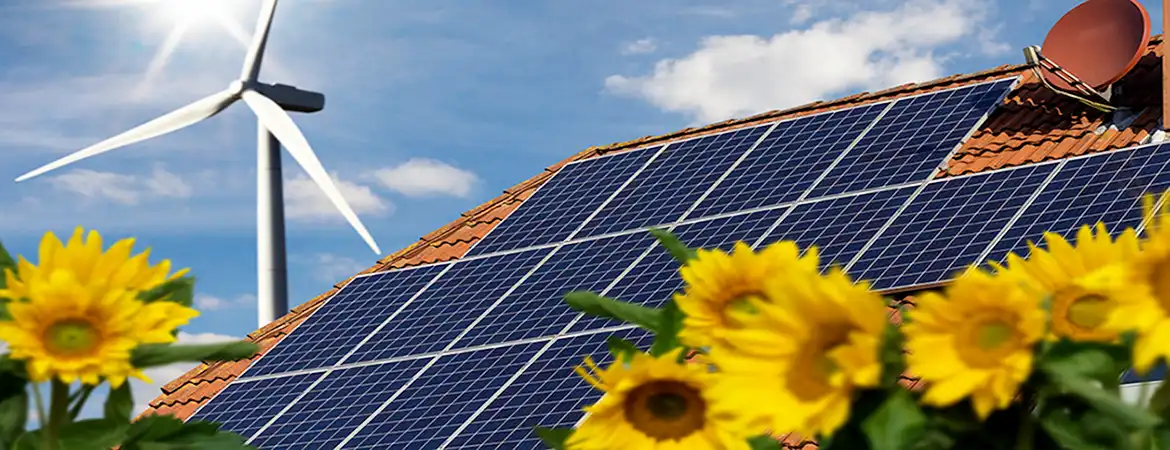
We do not analyse the Law as lawyers would do, explaining its provisions, but more from a bird's eye view, the importance of the Law for further development and investments in renewable energy sources in Serbia. In this sense, we also analysed the "Integrated National Energy and Climate Plan" (INEKP), which was adopted by the Government in July 2024.
This and other analyses of investments in renewable energy sources arose as a necessity due to our involvement in some projects of financing or selling renewable energy sources in Serbia. We have decided to share part of our analysis publicly with all of you.
The key points about the Law
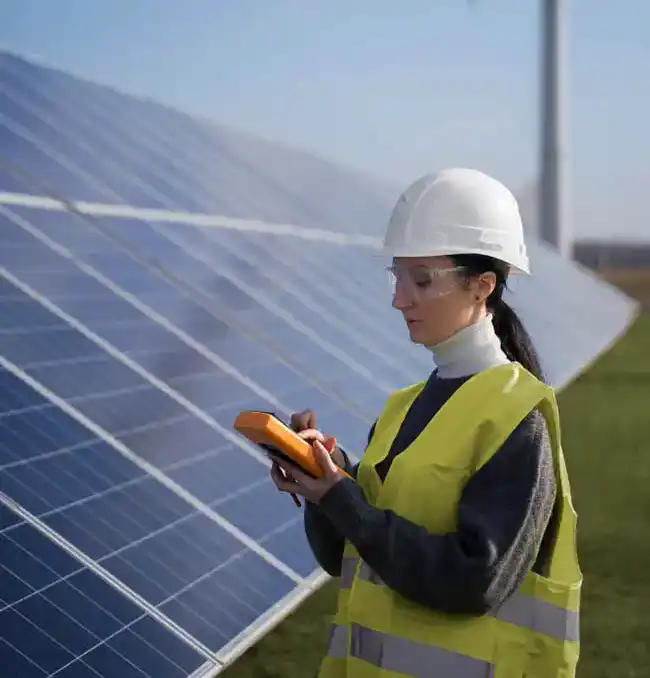
In April 2021 Serbia enacted Law on Use of Renewable Energy Sources, a significant step towards promoting green energy and environmental sustainability in Serbia. The key points about the Law and its importance are as follows:
- Comprehensive Regulation: The law provides a detailed framework for the use of renewable energy sources, which were previously regulated in a less comprehensive manner.
- Incentive Systems: It introduces two main incentive systems to encourage investment in renewable energy:
- Market Premium: A supplement to the market price of electricity, awarded through an auction process.
- Feed-in Tariff: Available for smaller projects, providing a guaranteed price for the electricity produced.
- Environmental Protection: The law explicitly bans the construction of hydropower plants in protected areas, although exceptions can be made under strict conditions.
- Investment-Friendly Framework: By creating a modern and predictable legal environment, the law aims to attract new investments in renewable energy projects, such as solar and wind power plants.
- Strategic Partnerships: It allows the government to enter into strategic partnerships for renewable energy projects, further facilitating the development of this sector.
- Long-Term Goals: The law is part of Serbia’s broader strategy to increase the share of renewable energy in its total energy consumption, with a target of 50% by 2040.
This Law is crucial for Serbia’s energy transition, helping to reduce carbon emissions, promote sustainable development, and align with European Union energy policies.
Serbia’s current energy mix
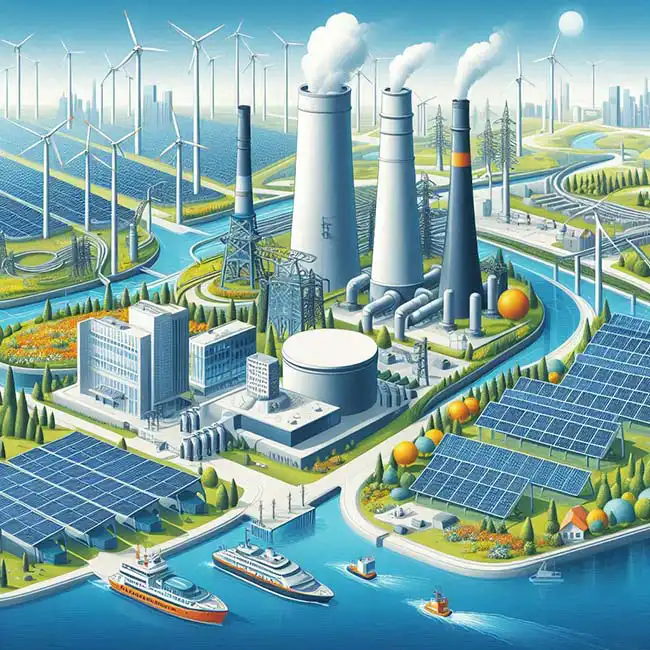
Serbia’s energy mix is primarily dominated by fossil fuels, but there is a growing emphasis on renewable energy sources. Here’s an overview of the current energy mix:
- Fossil Fuels:
- Coal: Coal is the largest component, accounting for about 45% of the total energy supply.
- Oil: Oil contributes around 24%.
- Natural Gas: Natural gas makes up approximately 15%.
- Renewable Energy:
- Hydropower: Hydropower is the most significant renewable source, contributing a substantial portion of the renewable energy mix.
- Wind and Solar: Wind and solar energy are growing sectors, with wind energy contributing around 27% of the renewable capacity.
- Bioenergy: Bioenergy also plays a role, making up about 13% of the renewable energy consumption.
- Electricity Generation::
- The state-owned utility EPS (Elektroprivreda Srbije) owns the majority of the installed capacity, including thermal power plants and hydro power plants.
- Independent Power Producers (IPPs) contribute to the renewable energy capacity with wind, solar PV, and other sources.
- Energy Transition Goals:
- Serbia aims to increase the share of renewable energy in its total energy consumption, with targets set for the coming decades.
This energy mix reflects Serbia’s ongoing efforts to balance its reliance on fossil fuels with the development of renewable energy sources, aligning with global trends towards sustainability and environmental protection.
The Law has a positive impact on renewable energy investments
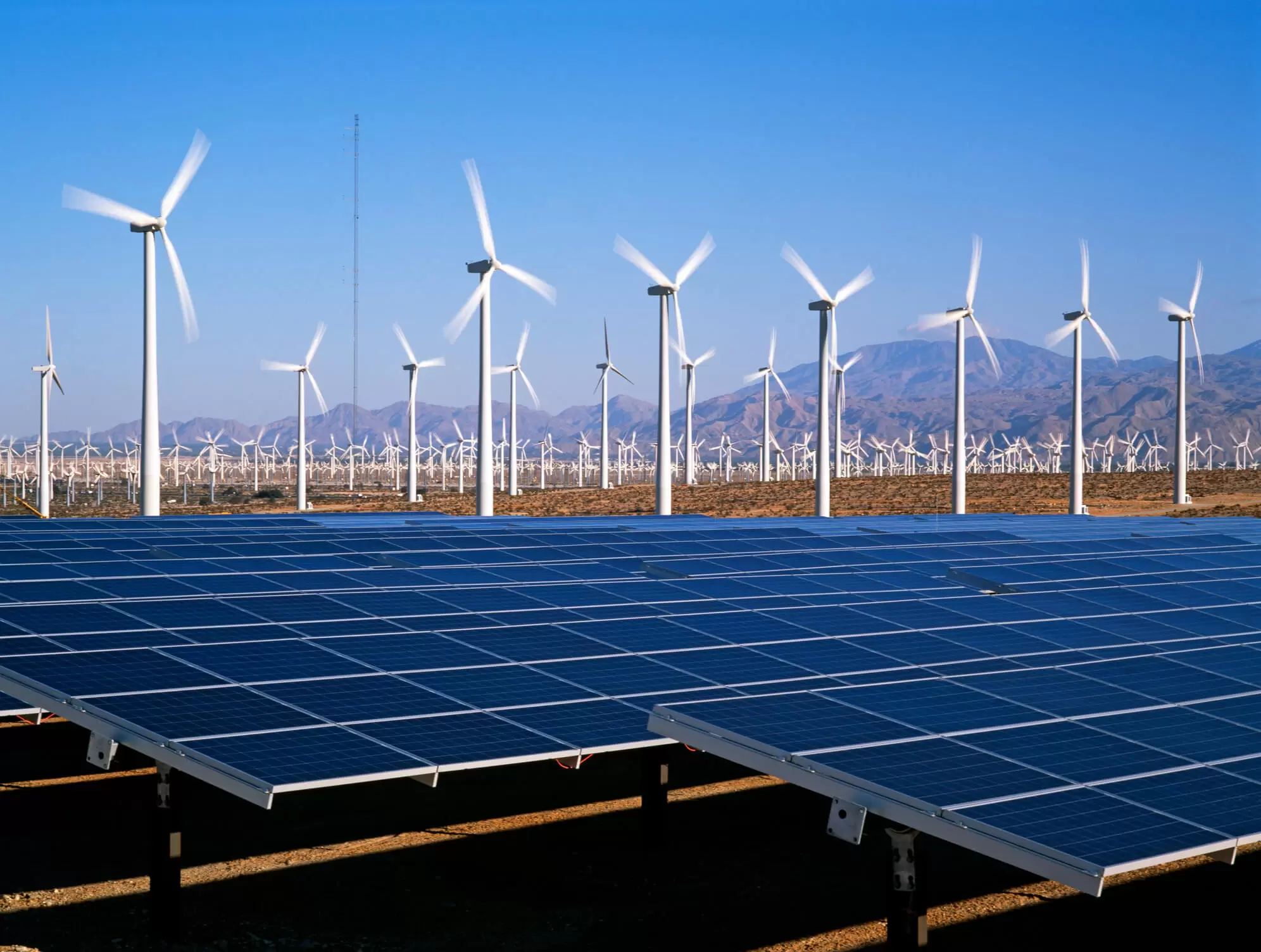
The Law on the Use of Renewable Energy Sources has had a positive impact on renewable energy investments in Serbia. Here are some key effects:
- Increased Interest and Investment: The law has created a more attractive environment for investors by providing clear regulations and incentives. This has led to a significant increase in interest and investment in renewable energy projects.
- Market Premium and Feed-in Tariffs: The introduction of market premiums and feed-in tariffs has made renewable energy projects more financially viable. These incentives help offset the costs and risks associated with renewable energy investments.
- Predictability and Stability: The Law has brought greater predictability and stability to the renewable energy sector. Investors now have a clearer understanding of the costs and incentives, which reduces uncertainty and encourages long-term investments.
- Strategic Partnerships: The law allows for strategic partnerships between the government and private investors, facilitating the development of large-scale renewable energy projects.
- Alignment with EU Policies: By aligning with European Union energy policies, the law has helped Serbia attract international investments and support for its renewable energy sector
Overall, the law has been instrumental in boosting renewable energy investments in Serbia, contributing to the country’s energy transition and sustainability goals.
Impact on the large scale renewable energy projects and FDI
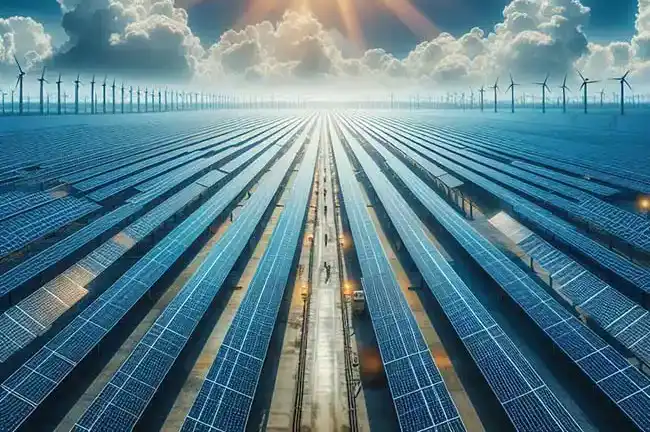
The Law on the Use of Renewable Energy Sources in Serbia has several key impacts on large-scale renewable projects and foreign direct investment (FDI) in the Energy sector:
- Incentives and Support: The law provides various incentives for renewable energy projects, including feed-in tariffs and subsidies. This makes it more attractive for both local and foreign investors to invest in large-scale renewable energy projects.
- Streamlined Procedures: It simplifies administrative procedures for obtaining permits and licenses, reducing the bureaucratic burden on investors. This streamlining is crucial for attracting FDI, as it lowers the entry barriers for foreign companies.
- Grid Access and Priority: The law ensures priority access to the grid for renewable energy producers. This guarantees that electricity generated from renewable sources will be purchased and distributed, providing a stable revenue stream for investors.
- Long-term Contracts: It allows for long-term power purchase agreements (PPAs), which provide financial security and predictability for investors. These contracts are essential for securing financing for large-scale projects.
- Environmental and Social Standards: The law includes provisions to ensure that renewable energy projects comply with environmental and social standards. This alignment with international best practices can make Serbian projects more appealing to foreign investors who prioritize sustainability.
Overall, the law aims to create a favourable investment climate for renewable energy, encouraging both domestic and foreign investments to help Serbia transition to a more sustainable energy system.
Impact on the small scale renewable energy projects

- Feed-in Tariffs: The law introduced feed-in tariffs specifically designed for smaller projects. This provides a guaranteed price for the electricity produced, making small-scale renewable projects more financially viable.
- Net-Metering: The Law facilitates the possibility of becoming a prosumer (producer and consumer), allowing small-scale producers to use net-metering. This system enables them to offset their electricity consumption with their own production, reducing their overall energy costs.
- Simplified Procedures: The law has streamlined the procedures for implementing small-scale renewable energy facilities, making it easier and faster for individuals and small businesses to set up their own renewable energy systems.
- Environmental Protection: By banning the construction of hydropower plants in protected areas, the law ensures that small-scale projects do not negatively impact sensitive ecosystems.
- Increased Investment: The clear regulatory framework and incentives have encouraged more investments in small-scale renewable projects, contributing to the overall growth of the renewable energy sector in Serbia.
Overall, the Law has created a more supportive environment for small-scale renewable energy projects, helping to increase their adoption and contribution to Serbia’s green energy goals.
Success stories
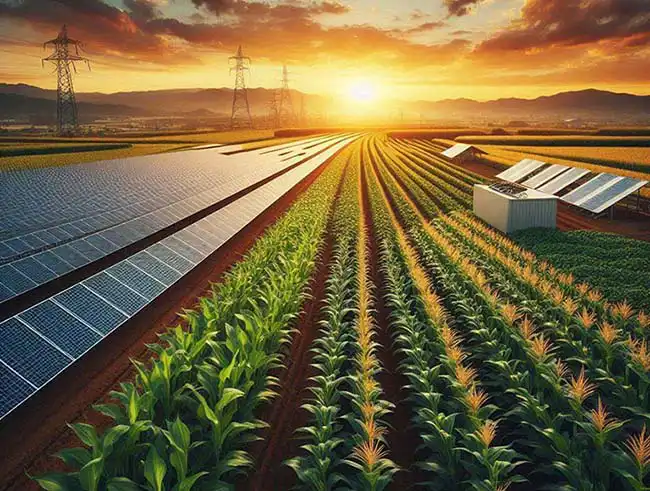
There have been several successful small-scale renewable energy projects in Serbia, particularly in the solar sector. Here are a few notable examples:
- Rooftop Solar Installations: Many households and small businesses have taken advantage of the feed-in tariffs and net-metering systems to install rooftop solar panels. These installations not only reduce electricity bills but also contribute to the grid, promoting sustainable energy use.
- Community Solar Projects: Some communities have come together to invest in small-scale solar projects. These projects are often funded through local initiatives and provide clean energy to the community, fostering a sense of collective responsibility and sustainability.
- Agricultural Solar Projects: Farmers have been installing solar panels on their land to power their operations. This not only helps in reducing operational costs but also ensures a reliable and sustainable energy source for agricultural activities.
- Small Hydropower Plants: In regions where water resources are available, small hydropower plants have been developed. These projects are designed to have minimal environmental impact while providing renewable energy to local communities.
These projects demonstrate the potential and benefits of small-scale renewable energy initiatives in Serbia, contributing to the country’s overall green energy goals.
Our assistance for investment in renewable energy projects in Serbia
- If you are looking for a small scale renewable energy project, please consider our offer for a company that has a construction land of 5,2ha and an approval for design and connection a solar power plant to the power grid (colloquially known as the “grid connection approval”) WITHOUT having to install power battery storage equipment.
- If you are looking for a large scale renewable energy project, please contact us to consider your investment requirements.
Further details
Please contact Zoran Mitic by email or by tel +381 11 36 35 935 or mobile tel +381 63 377 960 for more information about opportunities in the renewable energy or fill out the contact form below.
